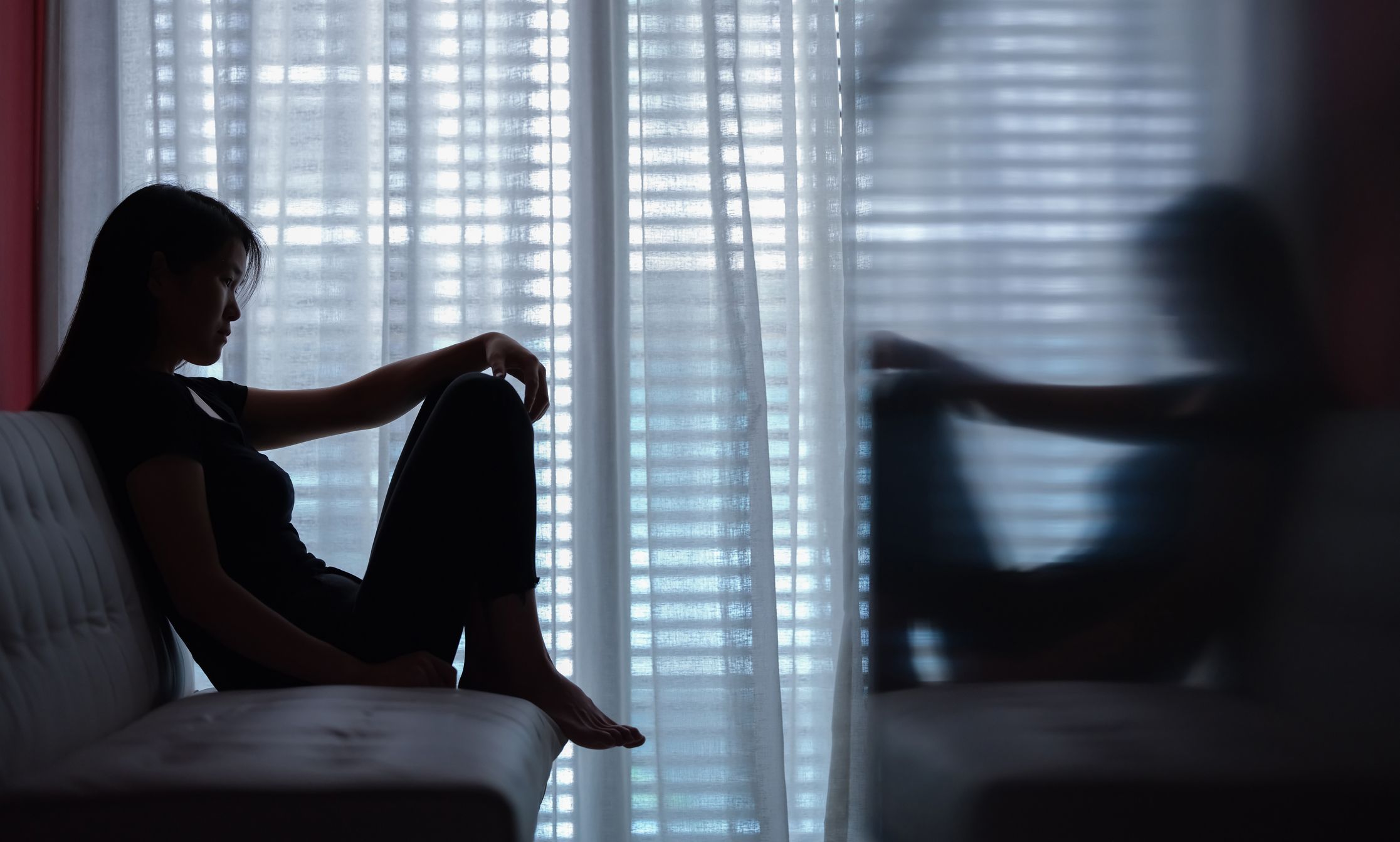Updated on October 25, 2024
Some bipolar patients recognize the condition within their own family tree.

Transcript
Everything since the day we were-- we've been born plus our genetics is dictating who we are today.
[MUSIC PLAYING]
We know that genetics does and can play a role, rather, in some medical conditions, including bipolar disorder. Can you explain what that means?
Yeah. It's very tricky. And when it comes to psychiatric diagnoses, bipolar disorder is by far the most heritable mood disorder
that we're aware of, but researchers are seeing that it's not that easy. It's not one gene.
It's almost like the perfect storm of multiple genetic issues happening. But don't forget, I always want to remind everyone
that not only is there a lot of genetics, but there's a ton of psychosocial components that actually increase the risk of bipolar disorder, right?
So there are other things besides genetics, but really strong genetics, the sooner that you can treat it, the better.
Hmm. Really excellent points there. Hannah and Mike, do you have a family history of bipolar disorder in your own families.
And how does your family talk about the disorder with you or with other people? I'd love to know that. Maybe we can start with you, Hannah.
Yeah. So unfortunately, because so many people, especially
in the past, have hid bipolar disorder, I don't really know. Right. I-- it's all based on speculation of my grandmother,
for an example. There were signs, but this is all assumption, because it's not like it was being talked about at all.
My parents do not. We have an open conversation about it kind of because I've really opened a can of worms,
and so they're very supportive. But as far as family, no one in my immediate, but definitely two of my grandparents.
However, it was never officially diagnosed. Right. No, understood. Thank you for that.
And Mike, what about you? Again, similar to Hannah, concealed, like who's the weird uncle, all that stuff.
And only since I went public and started doing what I'm doing and decided to tell
a different story with my life have these diagnoses been pursued in our family. So on my mom's side, it's a little touch of depression.
But definitely on my father's side, there's 5 diagnoses of bipolar. So-- Wow. But only-- I mean, again, only in the last seven or eight
years is that even known. So yeah, very, very similar. Well, it sounds like you also have done a lot for opening up
the dialogue and the conversation with your family about this, both you and Hannah. It sounds like you've done a lot of good.




